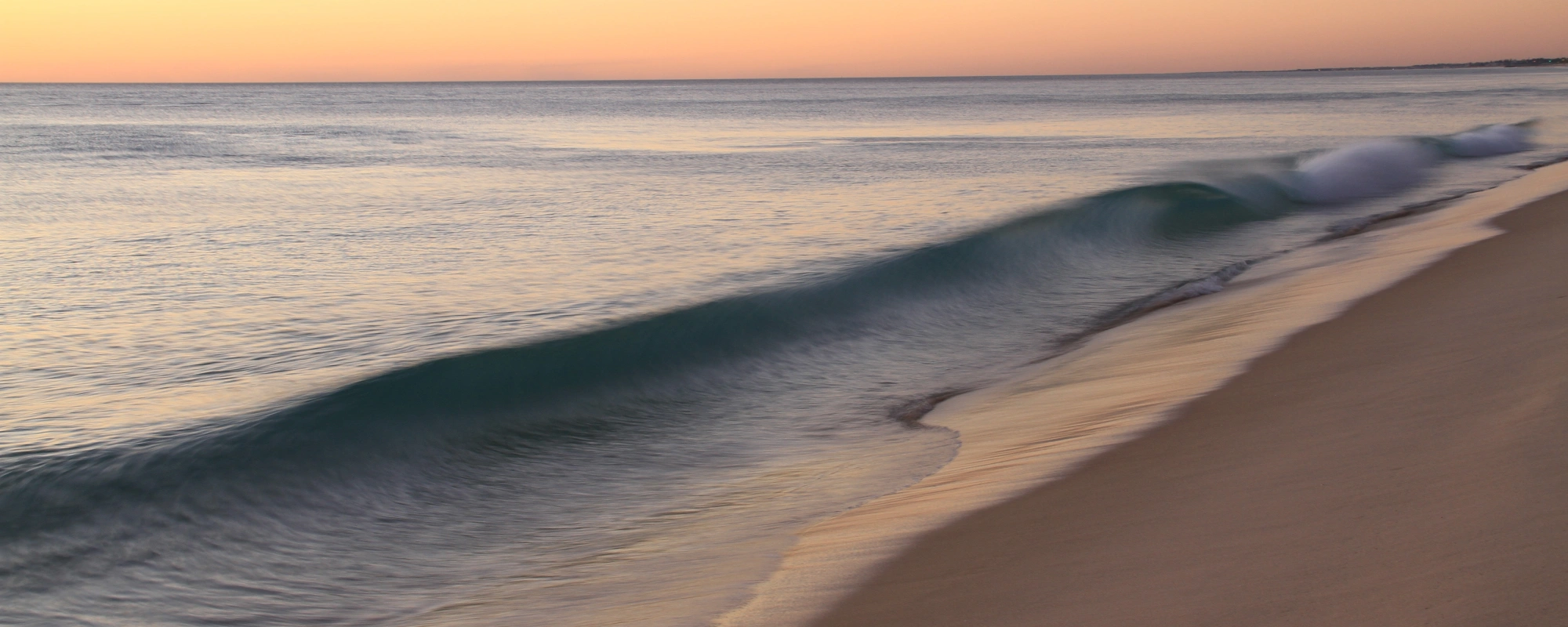Did you know: Lake Malawi is home to more species of fish than any other lake in the world and this includes at least 700 species of cichlids. It is the 4th largest fresh water lake in the world by volume, the 9th largest lake in the world by area, and the 03rd largest and 02nd deepest lake in Africa.
Lake Malawi is almost 350 miles long(longer than Lake Michigan, America’s sole great lake) and 47 miles wide. The lake has a surface area of 11400 square miles. Its average depth is 958 feet with maximum depth of 2316 feet (deeper than Lake Michigan). It has a water volume of 2000 cubic miles(more water than Lake Michigan).
Lake Malawi is a rift valley lake. It is part of a group of lakes located in the eastern part of Africa referred to as Rift Valley Lakes. These lakes are all located in what is the East African Rift(itself part of the Great Rift Valley, a huge area that runs from Beqaa Valley in Lebanon to Mozambique), a geographic area that spans several countries from Ethiopia in the north to Malawi in the South.
Lake Malawi is located between Malawi, Mozambique(where they call it Lago Niassa) and Tanzania(where they call it Lake Nyasa). Lake Malawi’s main inlet is the Ruhuhu river on its northern side. Its main outlet is the Shire River(it flows into the Zambezi River) on its southern side.
As a rift valley lake, Lake Malawi and the other lakes of the Eastern African Rift were formed by the action of a geologic fault or rift(separation of the tectonic plates in the earth’s lithosphere). This sort of divergence leads to the emergence of valleys, in other words, low-lying areas/lowlands sandwiched between mountainous or hilly terrain.
Lake Malawi has a rich geography waiting to be experienced by anyone who enjoys traveling and touring. If you want to see a record breaking lake, visit Lake Malawi.You won’t be disappointed.

